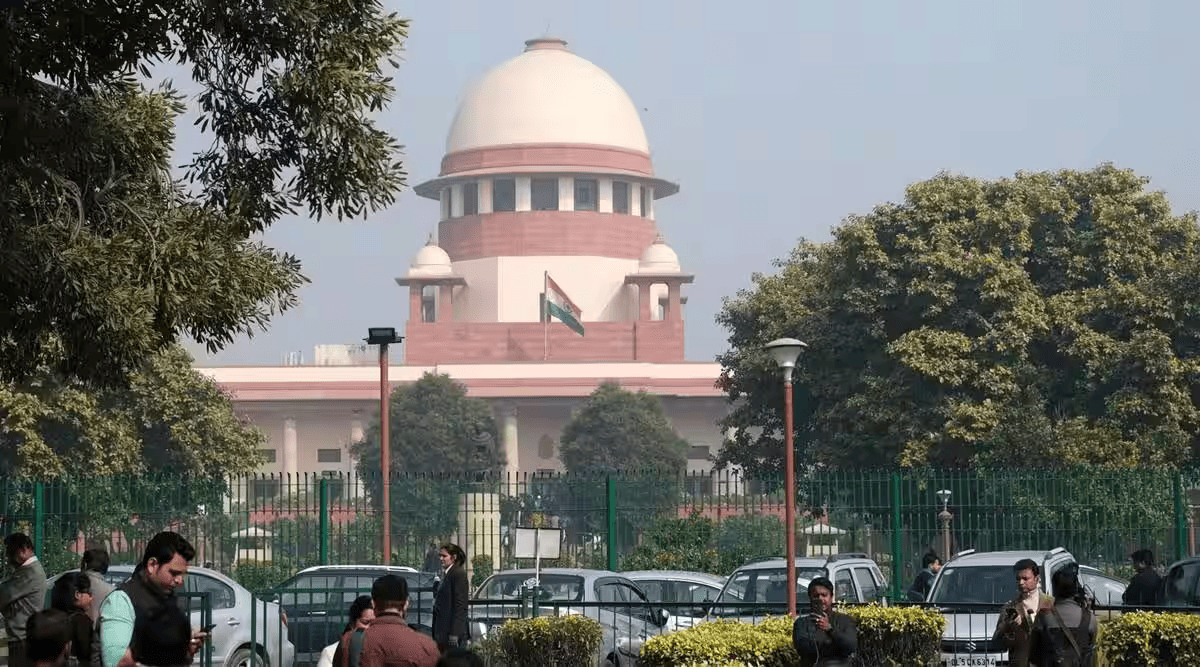On Monday, the Chief Justice of India, D Y Chandrachud, convened a seven-judge bench to reconsider the correctness of a 1998 five-judge Constitution bench decision in the P V Narasimha Rao case, in which the majority ruled that legislators were immune from prosecution on bribery charges for their speech or vote in Parliament.
In addition to the CJI, the bench will consist of Justices A.S. Bopanna, M.M. Sundresh, P.S. Narasimha, J.B. Pardiwala, Sanjay Kumar, and Manoj Misra.
According to a notice issued by the Supreme Court, the bench will begin considering the case on October 4, 2023.
On September 20, a five-judge constitution bench presided over by the CJI said: “We are of the considered opinion that the majority opinion in P V Narsimha Rao should be reconsidered by a larger bench of seven judges.” The bench added that it is “an important issue concerning our political system…”
It was stated that a larger bench would determine the validity of the verdict based on the interpretation of Articles 105(2) and 194(2) of the Constitution, which grant the privilege to members of Parliament and state legislatures, respectively.
The Supreme Court stated, “It must be noted that the purpose of Article 105 (2) and 194(2) is to ensure that members of Parliament and state legislatures are able to perform their duties in an atmosphere of freedom, without fear of repercussions for how they speak or exercise their right to vote in the House. The purpose is unquestionably not to grant legislators immunity from the application of the general criminal law of the land that is not enjoyed by ordinary citizens.
The issue arose in the context of bribery allegations against Jharkhand Mukti Morcha MLA Sita Soren in relation to the state’s 2012 Rajya Sabha elections for two seats.
She was accused of accepting a bribe from an independent candidate in exchange for voting for him. Soren stated that she did not vote for the alleged bribe-giver and instead voted for a candidate from her own party, as evidenced by the results of the RS open balloting. The relevant round of voting was voided, and a new one was convened in which she supported a candidate from her own party.
She petitioned the Jharkhand Court to quash the chargesheet and criminal proceedings initiated against her based on Article 194 (2), but the High Court denied her request on the grounds that she “had not voted in favour of the alleged bribe-giver.”
Soren subsequently petitioned the Supreme Court, where a two-judge bench opined in September 2014 that the issue at hand “is substantial and of general public importance” and should be referred to a larger bench of three judges. When a bench of three justices heard the appeal on March 7, 2019, they noted that the High Court’s decision involved the Narasimha Rao verdict and should be referred to a larger bench if deemed necessary.
Attorney General K K Venugopal stated that the Narasimha Rao decision does not apply to the circumstances of the case because immunity only applies to actions related to House business. He argued that because Soren’s alleged actions were unrelated to any House business, she could be prosecuted and there was no need to investigate the correctness of the decision.
Rejecting this, the Supreme Court stated, “The only question is whether we should wait for it to arise in the future or establish a law.” Because we must also not neglect that if it also furthers public morality on part of our elected representatives, then we should not defer our decision to some uncertain day in the future, isn’t it?”.
